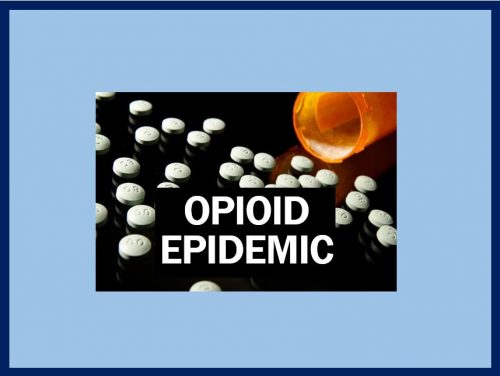
Opioid addiction is a serious problem that affects millions of Americans. With that being said, no one should have to struggle with addiction alone. If you think you or someone you know may be addicted to opioids, keep reading to learn what it means to be addicted and what kinds of treatments are available.
What is Opioid Addiction?
An opioid addiction is a condition in which the use of an opioid drug becomes so pervasive that it alters your brain chemistry and changes how you function. It produces intense cravings for more, and can result in overdose if not managed correctly.
Signs of Opioid Addiction
There are many signs of opioid addiction. Some people may experience withdrawal symptoms if they stop using opioids. Withdrawal symptoms can include insomnia, irritability, changing moods, depression, anxiety, aches and pains, cravings, fatigue, hallucinations and nausea.
Other warning signs include intense cravings and needing an increased dose of an opioid to achieve the same effect. Someone who is suffering from opioid addiction may also experience a reduced interest in pleasurable activities and relationships.
Opioid Addiction Treatment and Where to Find it
There are three types of treatments available for those with opioid addictions: detoxification treatment, medication-assisted therapy (MAT) to help manage withdrawal symptoms from opioids and psychotherapy which may involve a combination of cognitive-behavioral approaches, individual and group counselling alongside mindfulness exercises.
When seeking out treatment options be sure to explore all possible avenues. Learn about each option so that you know what to expect. We recommend visiting rehab.com to learn more about treatment for opioid addiction.
How to Help Someone Struggling with Opioid Addiction
It is important to keep in mind that someone struggling with opioid addiction has not asked for this condition. They may also be struggling with depression or anxiety.
Some ways to support them include being there whenever possible,, offering a listening ear and helping them find the treatment they need.
You may also want to seek out additional resources such as the National Institute on Drug Abuse at nida.nih.gov and The American Society of Addiction Medicine at ASAM which specialize in behavioral health treatment options if your loved one needs more than just your support.
Get Help Now
Opioid addiction can cause a lot of pain for those who struggle with it and their loved ones. You may not know what to do when you find out a loved one is battling an opioid addiction, but there are resources that exist to help people get the treatment they need. There’s hope on the other side. Get in touch with Rehab.com and start on the path to recovery, today.
Interesting Related Article: “4 Commonly Abused Prescription Drugs“

